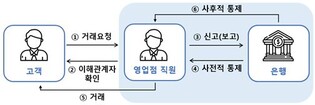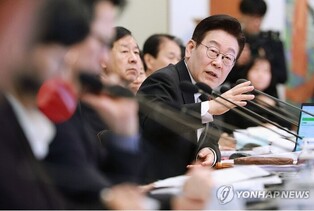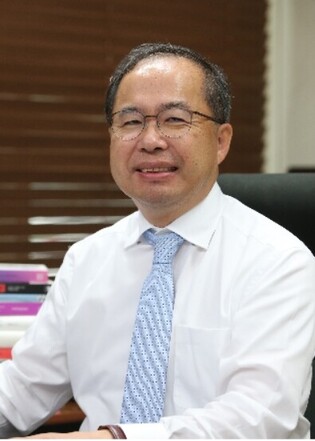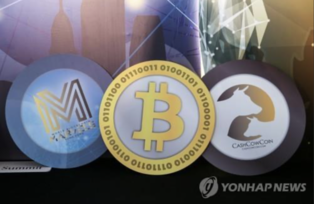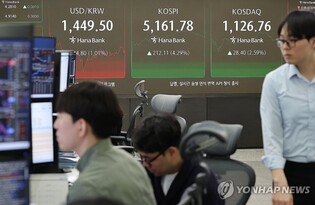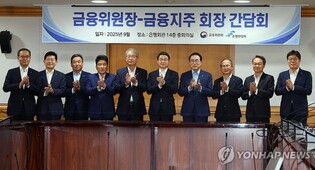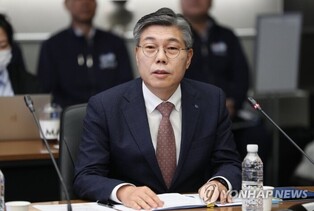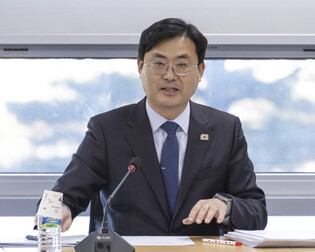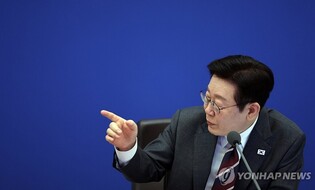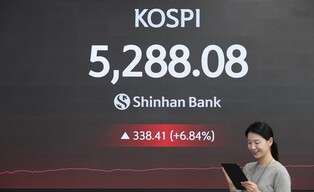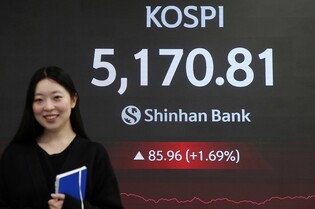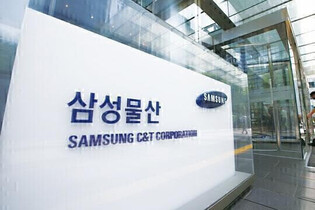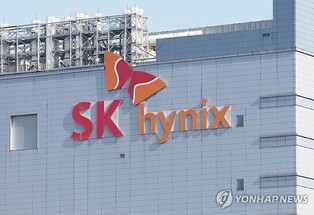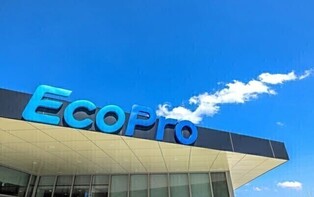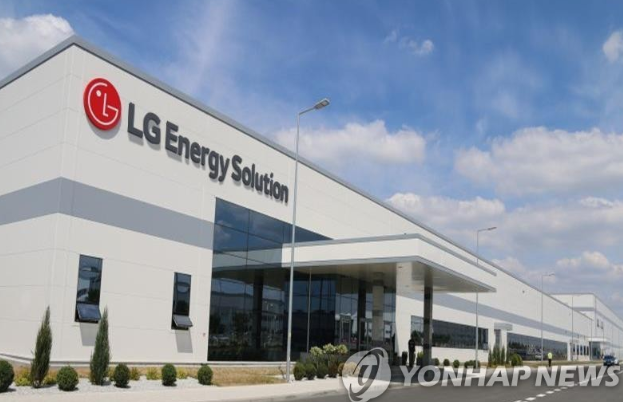 |
Photo courtesy of Yonhap News |
[Alpha Biz= Kim Jisun] WASHINGTON, D.C., November 1, 2025 — Following the mass detention of South Korean workers at a Hyundai–LG Energy battery plant construction site in Georgia last September, several major Korean companies have withdrawn or postponed planned U.S. investment projects, according to a report by The Washington Post (WP).
Citing multiple industry sources including consultants and attorneys, the WP revealed that at least two Korean companies have fully canceled U.S. investment projects, while four others have extended suspension periods for ongoing projects. Due to confidentiality and client sensitivity, the specific companies were not disclosed.
Tammy Overby, former chair of the U.S.–Korea Economic Council at the U.S. Chamber of Commerce, said:
“One Korean manufacturer that had been scouting U.S. factory sites decided instead to expand operations domestically in Korea, citing heightened uncertainty and risk in the U.S. market.”
Similarly, Chris Thomas, an immigration attorney at Holland & Hart in Denver, stated that “a major Korean IT firm has abandoned its U.S. expansion plans following the incident and will focus on scaling operations in Korea or India instead.”
The controversy erupted in September, when U.S. immigration authorities raided the Hyundai–LG Energy Solution joint battery plant site in Georgia, detaining over 300 South Korean workers. All were released a week later following diplomatic negotiations between Seoul and Washington.
Although both governments pledged to implement preventive measures against similar incidents, the episode has left deep uncertainty over Korean corporate investment in the U.S., especially as it occurred at a site symbolizing bilateral economic cooperation.
The WP also noted that the Trump administration’s new visa regulations — including sharp increases in H-1B visa fees — have further discouraged East Asian companies from sending employees to the U.S. for business.
Jonathan Cleave, Korea representative at international consultancy Intralink, told Yonhap News:
“Employees are increasingly reluctant to be dispatched to the U.S., complicating corporate decision-making.”
In response, White House Deputy Press Secretary Kush Desai reaffirmed that
“President Trump remains committed to making the United States the most dynamic and investment-friendly economy in the world.”
Alphabiz Reporter Kim Jisun(stockmk2020@alphabiz.co.kr)


















